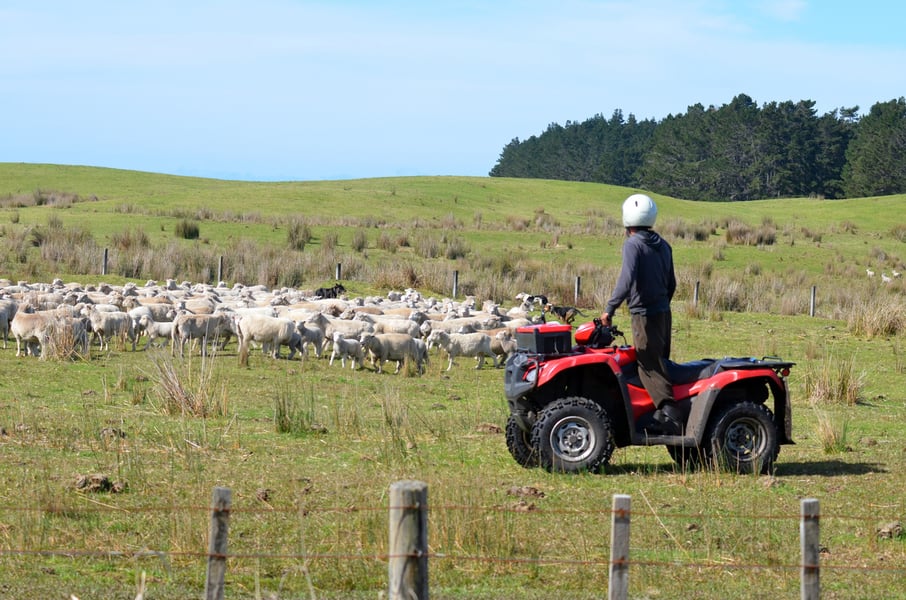The bank's Financial Stability Report will be released next week

The agricultural sector is currently navigating through difficult economic conditions, amid low dairy, meat and forestry prices, high operating expenses, and elevated debt servicing costs, while facing uncertainty about the scale and timing of the costs of climate change in the long term, according to the Reserve Bank.
“Whilst defaults in banks’ agricultural lending portfolios are currently low, they are expected to increase and could accelerate if there is a prolonged period of high costs and low prices,” said Kerry Watt, director of financial stability assessment and strategy, in an extract of the RBNZ's upcoming Financial Stability Report to be released on November 1.
“It is encouraging that dairy prices have improved in recent auctions, and the deleveraging across the industry over the past few years means most farmers are well placed to manage challenges in the short term.”
Watt emphasised the substantial social and economic importance of the agricultural sector in New Zealand, particularly when compared to other advanced countries, and committed to closely monitor emerging risks and issues to protect the stability of the nation’s financial system.
The agricultural sector accounts for 11% of all bank lending, with dairy making up the majority at approximately 60%, followed by beef and sheep at 25%. Demand from China, a significant market that used to purchase a third of New Zealand's dairy exports, 40% of meat exports, and 60% of forestry exports, has decreased across the agricultural sector.
“Defaults, payments overdue by more than 90 days, could increase materially if there is a prolonged downturn in export prices and demand,” Watt said in an RBNZ media release. “Banks tell us they are monitoring the situation and working closely with their rural customers.”
“In the longer term, the agricultural sector faces climate-related challenges, and we are focused on safeguarding the stability of the financial system against these risks.
“We are working with banks to improve their capability in assessing climate risks by stress testing their agricultural portfolios against shocks, including drought, emissions pricing, and other long-term climate risks.”
These topics will be further examined in a special section within the RBNZ’s November 2023 Financial Stability Report, which will be published on November 1. The bank will also release a Bulletin article on the 2022 climate change risk assessment for agricultural lending.
Get the hottest and freshest mortgage news delivered right into your inbox. Subscribe now to our FREE daily newsletter.



